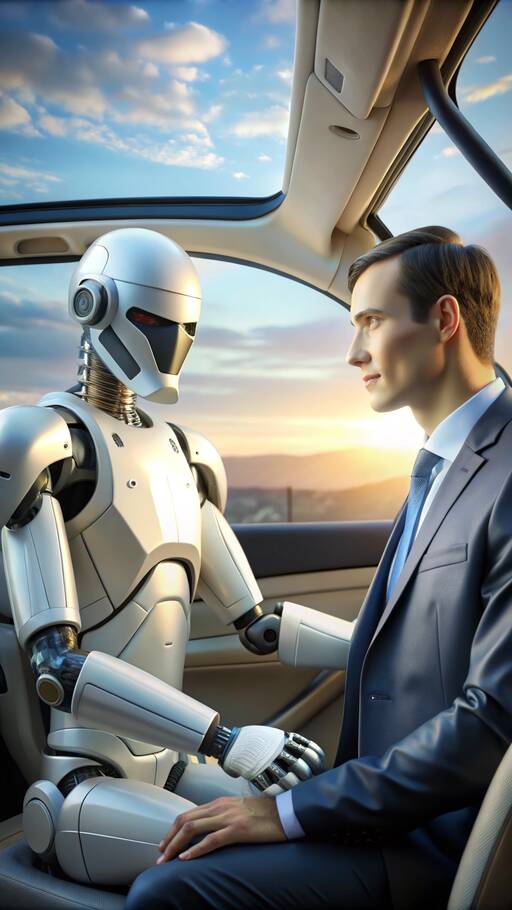Curbivore, led by Jonah Bliss, marked its fifth year of exploring the dynamic landscape of city streets. This one-day event, held in the warehouse district of downtown Los Angeles, featured panels and workshops with tech innovators, mobility experts, and government representatives.
Glimpses of Tomorrow's Streets
Visionary Discussions
The conference showcased high-level talks such as:
-
"The State of our Streets, Cities & Logistics Networks in 2025"-
"Uber’s Vision for the Future of Autonomous Mobility and Delivery"-
"Electric, Autonomous, & Shared: Fleet Innovations Awaiting Us"Key Takeaway: A Hybrid Mobility Model
The event highlighted recent developments, like Amazon's Zoox robotaxi service expanding to Los Angeles, joining others like Waymo. Richard Willder from Uber shared plans to offer choices between human and autonomous drivers for ride-sharing and deliveries.
Why Both Models?
- Provides "low-stakes" settings for tech integration
- Offers personalized rider experiences
- Incremental scaling reduces costs
Human Drivers’ Role
Willder emphasized that human drivers remain crucial to Uber’s strategy, providing both employment and customer choice.
Urban Governance and Tech Integration
Curbivore 2025 also addressed the evolving role of government amid advances in autonomy. Industry leaders, such as Tiya Gordon from itselectric, highlighted the need for cities to prepare for reduced federal aid amid broader economic and political shifts.
In summary, Curbivore 2025 illuminated a hybrid future where autonomous and human drivers coexist, with cities needing to independently adapt to technological changes.
